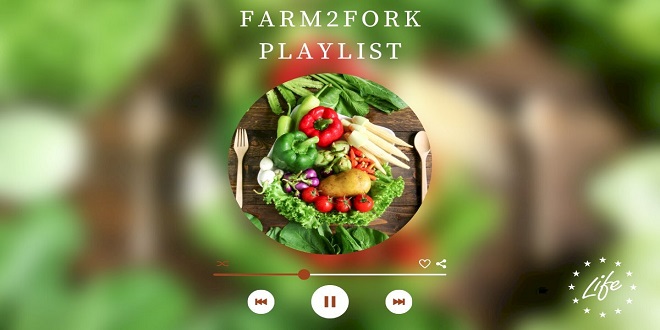Curate the Food Environment

If you are prone to overeating or are a sugar addict, you will probably notice that controlling your food choices is much easier when you are solely in charge. Controlling what you eat at home can be done by tailoring your grocery shopping and stocking your fridge and pantry with whole, healthy, low-carbohydrate foods. Remember: if it’s in your shopping cart, it’s as good as in your body.
Of course, we can’t control every situation. Walking into the office and seeing free cupcakes throws off your carefully constructed environment and likely is when you will most need to use your willpower.
It helps to be able to play a mental game, like imagining the food in question as what it is: not food. Or try defusing social pressure with positivity. When being offered junk food by a friend or a colleague that will derail your diet, one strategy is to frame your dismissal in a positive message.
Create an Inner Rule Book and Write Down Your Goals
I’ve found that by making healthy living a part of my identity, it’s easy to skip the self-negotiation and just defer to my inner rule book. For example, you may decide that you don’t eat wheat products, therefore eliminating a nonessential, nutrient-poor food group high in insulin stimulating carbohydrates.
Some other great rules to integrate into your definition of self might be that you’ll “only eat red meat if it comes from a kindly treated animal that has been fed what it really wants to eat (that’s grass) its entire life,” or that you’ll “never consume any beverages that have been sweetened with sugar,” or that you’ll “always buy organic produce when you can afford it
Everything in Moderation and Embrace Consistency
Many people are told to moderate their carbohydrate intake negotiate themselves down to half a muffin at breakfast and a smaller portion of spaghetti at dinner. While this is less than the Standard American Diet may include, it is still two servings of mainlined glucose (and subsequent insulin secretion) that your body likely didn’t need in the first place.
Have an Accountabilibuddy (Real or Digital)
To borrow a term from one of my favorite shows (that’s South Park for you cord-cutters), it always helps to have an accountabilibuddy, or friend to report to when striving to reach new goals. Send each other pictures of meals, panic texts when close to temptation, and positive encouragement. If you don’t have anyone close by to support you, use social media
A Final Word
Science is always evolving, particularly where the brain is concerned. As I mentioned in the first chapter, 90 percent of what we now know about Alzheimer’s disease, the most common form of dementia, has been discovered only in the past fifteen years. The science of dementia prevention (not to mention cognitive optimization) is new; it is certainly not settled science. However, waiting for it to be so could mean years, if not decades, of inaction




